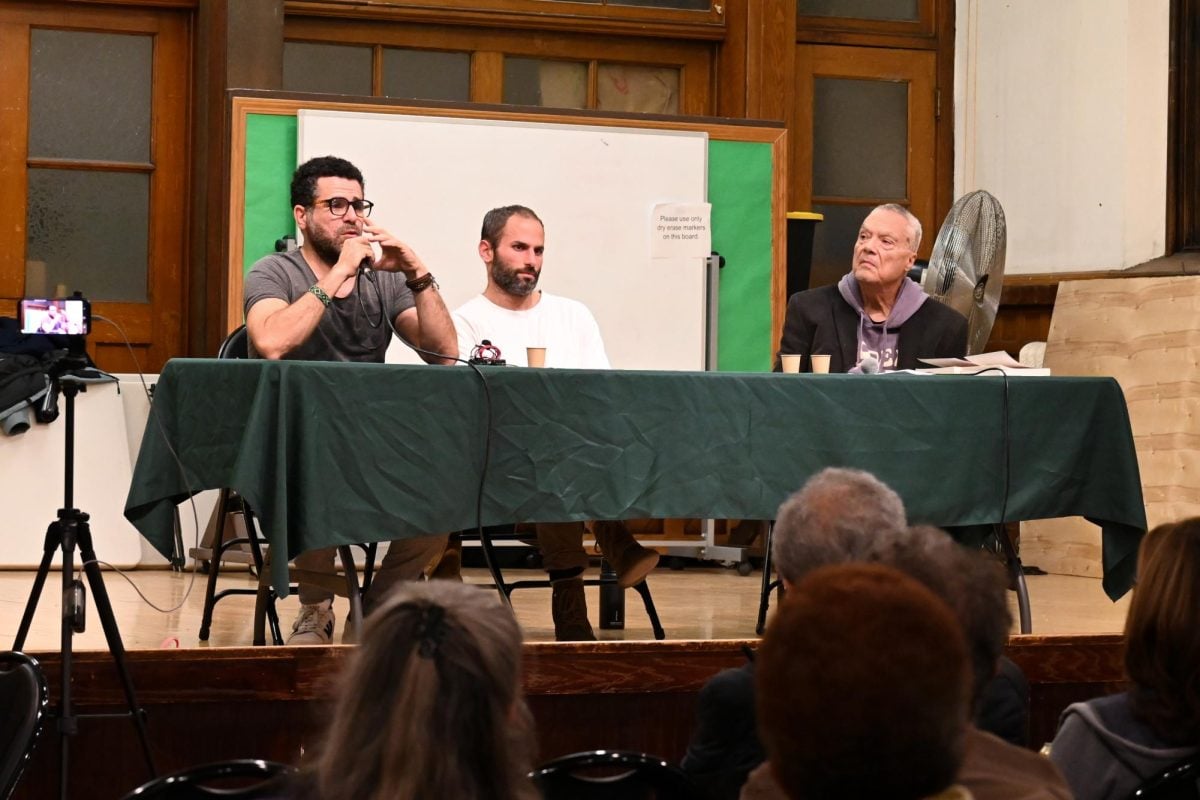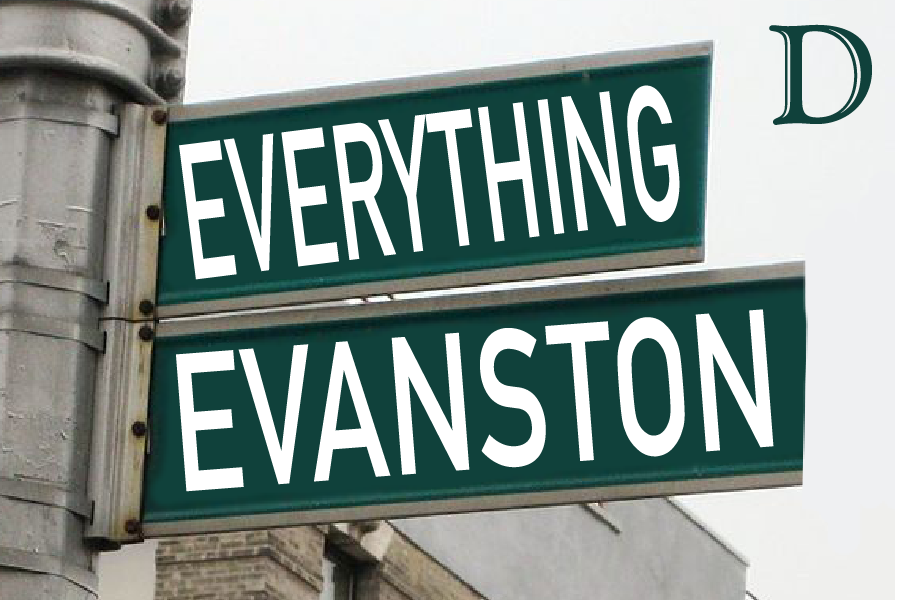As the drive continues to count every Evanston resident for the 2010 U.S. census, officials are working to increase participation among the city’s Hispanic and Haitian communities.
Sixty percent of minority households in Evanston have completed the census, said City Planner Craig Sklenar, who is the acting city liaison to the U.S. Census Bureau. The city aims to have 80 percent of these minority households citywide complete the forms, he said.
The city has identified language barriers as one obstacle to minority participation, said City Manager Wally Bobkiewicz.
“This is a melting pot area,” he said. “There are pockets of people here from all over the world.”
Since the most frequently encountered languages in Evanston other than English are Spanish and Haitian Creole, the city is reaching out specifically to its Hispanic and Haitian communities, Bobkiewicz said.
One example of outreach within the Spanish-speaking community can be seen at Evanston’s St. Nicholas Roman Catholic Church, which has a large number of Spanish-speaking parishioners. Spanish-speaking volunteers help those who struggle with English fill out the census form, said Suzanne Lefevre, business manager for the church.
“We provide space for census workers six days a week, including Sundays, when we have services,” she said. “The overall response rate has been pretty high.”
Census helpers will work at the church through most of April, Lefevre said.
The city is also seeking out non-English speakers in the Haitian community, which has grown with an influx of earthquake refugees, Sklenar said. The city has contacted Haitian radio stations to ask them to broadcast information about the census, but it has yet to hear back from them, he said.
Sklenar said maximum participation from all groups is necessary to get accurate data for the Census Bureau.
“We’re counting and enumerating our diversity,” he said.
In hopes of alleviating concerns about immigration status, the city is working to tell minority communities citizenship status is irrelevant to the census, Sklenar said.
“Everybody counts here, regardless of your status and regardless of how many people are living in your house,” he said. “We don’t get that kind of information (through the census), and we don’t want that kind of information.”
The bottom line, Sklenar said, is that citizenship status is unrelated to the census.
“We’re not concerned if people are (undocumented immigrants),” he said. “We’re just trying to get everyone counted.”[email protected]






